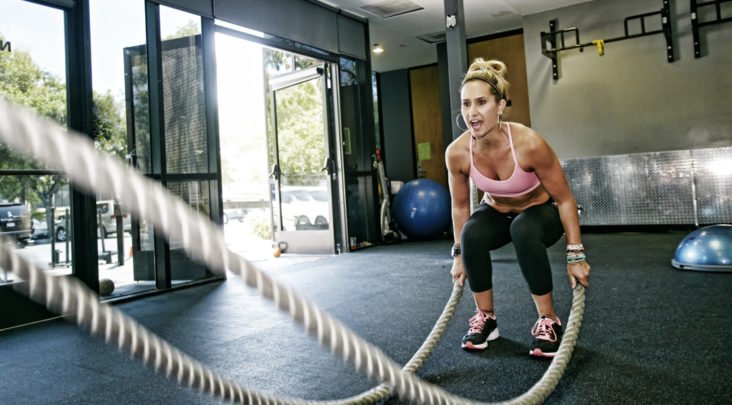Every year around this time a list is published with the top New Year’s Resolutions. For example, last year nbcnews.com (January 1, 2017) published this data:
Health and Organization beat out Travel and Reading according to data pulled from Google by iQuanti.
•Get Healthy: 62, 776,640 searches, a 13.77 percent increase over last year during the same time period, when it was searched 55,177,290 times last year.
•Get Organized: 33,230,420 searches, dipping by 7.41 percent compared to last year’s tally of 35,888,7000
•Travel: 5,964,130 searches, down by 0.82 percent from 2015’s 6,013,550
•Read More: 4,746,560 searches, down 5.63 percent from last year’s 5,029,790
As you can see from the NBC News report and Google’s data, people are very interested in getting healthy. However, the usual trend of “getting healthy this year” lasts approximately three to four weeks. Going to the gym and dieting are difficult trends to sustain, especially if you are not accustomed to exercising and easily tempted by sweets.
But more often than not, the issue is not effort. As a healthcare professional, I often hear things like, “I think I aggravated my shoulder exercising” or, “my knee started hurting during that class so I stopped going to the gym.” Besides the frustration of not exercising and not achieving your New Year’s exercise resolution, there is a hidden cost and the potential for pain with other normal activities.
Listed below are the Top reasons people get injured at the gym:
Too much too soon (and not enough rest/recovery time)
A common consequence of your New Year’s Exercise Resolution
Improper exercise form
Using equipment you are not used to or previously trained with
Performing the wrong type of exercises
Exercises that put too much strain on your body (may have been appropriate a decade earlier, but not now)
Poor coaching (poor exercise technique, amount of reps/sets, etc.)
This can be based on a variety of factors, but more often than not, the program is not based on the individual’s needs, rather every person is forced to fit the trainer or classes “program”
Typically it is a combination of all of these that lead to injury and the dreaded “I stopped going to the gym.” With a proper assessment of your needs and good coaching, these issues can be resolved, even before they start.
So before you sign that gym membership, commit to a fitness boot camp, or start the HIIT class that will kick your butt (and make you stop going), come and get evaluated by one of our licensed professionals at Churchill Orthopedic Rehabilitation. Let us fix those aches and pains, even before they start.
Look out for a NEW promotional event that we will be running in February 2018.

